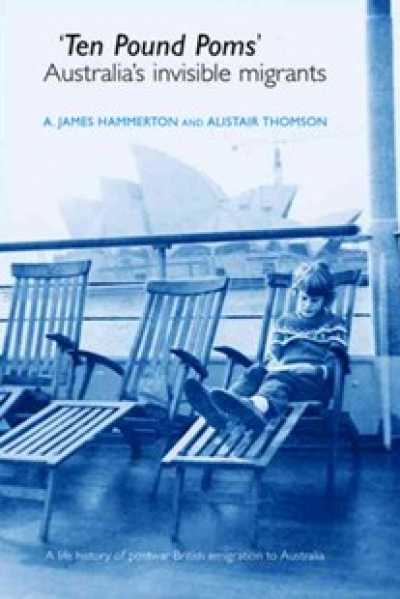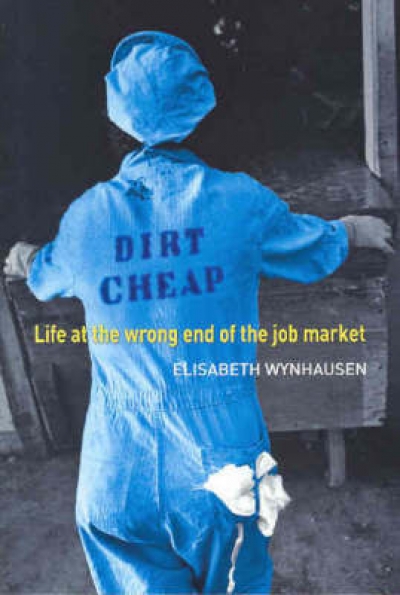Mark Peel
Ordinary People’s Politics: Australians talk about life, politics, and the future of their country by Judith Brett and Anthony Moran
by Mark Peel •
Ten Pound Poms: Australia’s invisible migrants by A. James Hammerton and Alistair Thomson
by Mark Peel •
Dirt Cheap: Life at the wrong end of the job market by Elisabeth Wynhausen
by Mark Peel •




